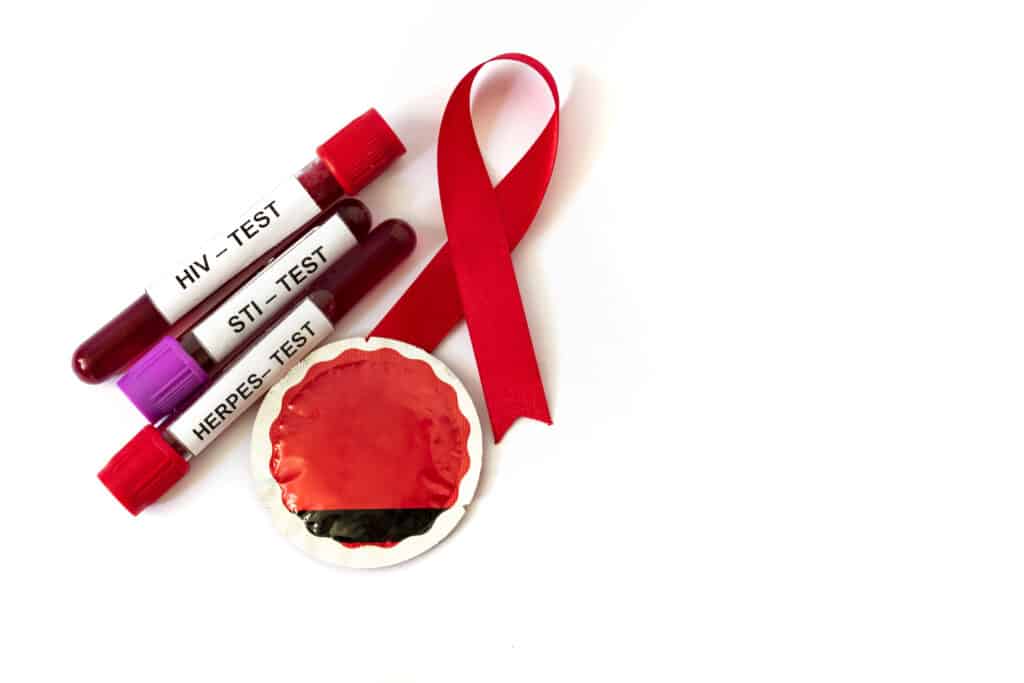Genital Herpes: Unraveling the Myths and Understanding the Facts
Genital herpes is a widespread sexually transmitted infection caused by the herpes simplex virus (HSV).

In navigating the vast landscape of human relationships and sexual health, three fundamental pillars stand prominently: consent, communication, and understanding of sexually transmitted diseases (STDs). As we delve into the intricate dynamics of these core aspects, we'll unravel how they play a crucial role in fostering healthy relationships and ensuring sexual health.
In an era rampant with myriad misconceptions, it’s essential to bring these three topics into the limelight and demystify the information surrounding them. This exploration aims to provide a comprehensive understanding of each of these components, and underscore their importance in fostering not just healthy relationships, but also a broader societal understanding of safe and respectful sexual behavior.
Consent is the cornerstone of any healthy and respectful sexual relationship. It refers to the voluntary, affirmative agreement between all parties to engage in a specific sexual activity. Understanding and practicing consent entails:
Practicing consent not only reduces misunderstandings, but also encourages open communication, which can help minimize the risk of STD transmission.
Sharing your STD status and testing history with potential partners is crucial for preventing the transmission of infections and promoting mutual responsibility. While it may seem intimidating at first, approaching the conversation with openness, honesty, and respect can pave the way for a healthier relationship. Here are some practical strategies for discussing your STD status:
By fostering open dialogue about sexual health, you can work together to reduce the risk of STD transmission and support each other's well-being.
Effective communication and consent are paramount in adopting safe sex practices, which can significantly minimize the risk of STD transmission. As partners, it's essential to agree upon the precautions you'll take to safeguard your health. Important aspects of safe sex include:
By maintaining open communication and prioritizing consent in all aspects of your sexual relationship, you can more effectively adopt safe sex practices that benefit both partners.
When a partner discloses an STD, it's essential to approach the situation with understanding, empathy, and open communication. Together, you can overcome the stigma surrounding STDs, manage risks, and maintain a healthy, fulfilling relationship. To support a partner with an STD, consider the following strategies:
By embracing transparency, empathy, and open dialogue, you can navigate the challenges of an STD diagnosis together and cultivate a supportive, loving relationship.
In a broader societal context, promoting these elements can lead to a more informed and responsible society, contributing to a decrease in STD rates, improved sexual health, and healthier relationships overall.
So, it’s essential that these topics are not only discussed within the context of personal relationships, but also in wider societal conversations, education systems, and healthcare settings. This will ensure a comprehensive approach to sexual health, where everyone is empowered to make responsible and informed decisions about their own bodies and relationships.
At the heart of any healthy relationship lies the foundation of open communication and consent. By prioritizing these vital principles, partners can cultivate trust, respect, and safety while minimizing the risk of STD transmission. With education, empathy, and proactive measures, building and maintaining strong, supportive relationships become achievable goals. Visit Rapid STD Testing today for our 24-hour STD testing!

No embarrassing exams, long waiting lines, or multiple visits. Just a quick lab visit for fast results.
Discover a lifestyle-focused approach to quality content at RapidSTDtesting.com. Unlike others, we don't rely on gimmicks or fabricated data to lure visitors. Our commitment goes beyond clicks – we're dedicated to answering the questions you search for online. With a team comprising medical experts and content specialists, our articles are meticulously crafted to promote STD testing, educate, and dismantle social stigmas.
Embrace a confidential atmosphere with our private testing options, ensuring your privacy is paramount. Every article is meticulously fact-checked and approved by medical advisors, guaranteeing accuracy and reliability. Our team, comprised of doctors and medical professionals, ensures that each piece of content serves a purpose – to inform, educate, and promote awareness.
Join us as we bridge the gap between medical expertise and lifestyle choices. RapidSTDtesting.com is your trusted source for informative, medically vetted content.